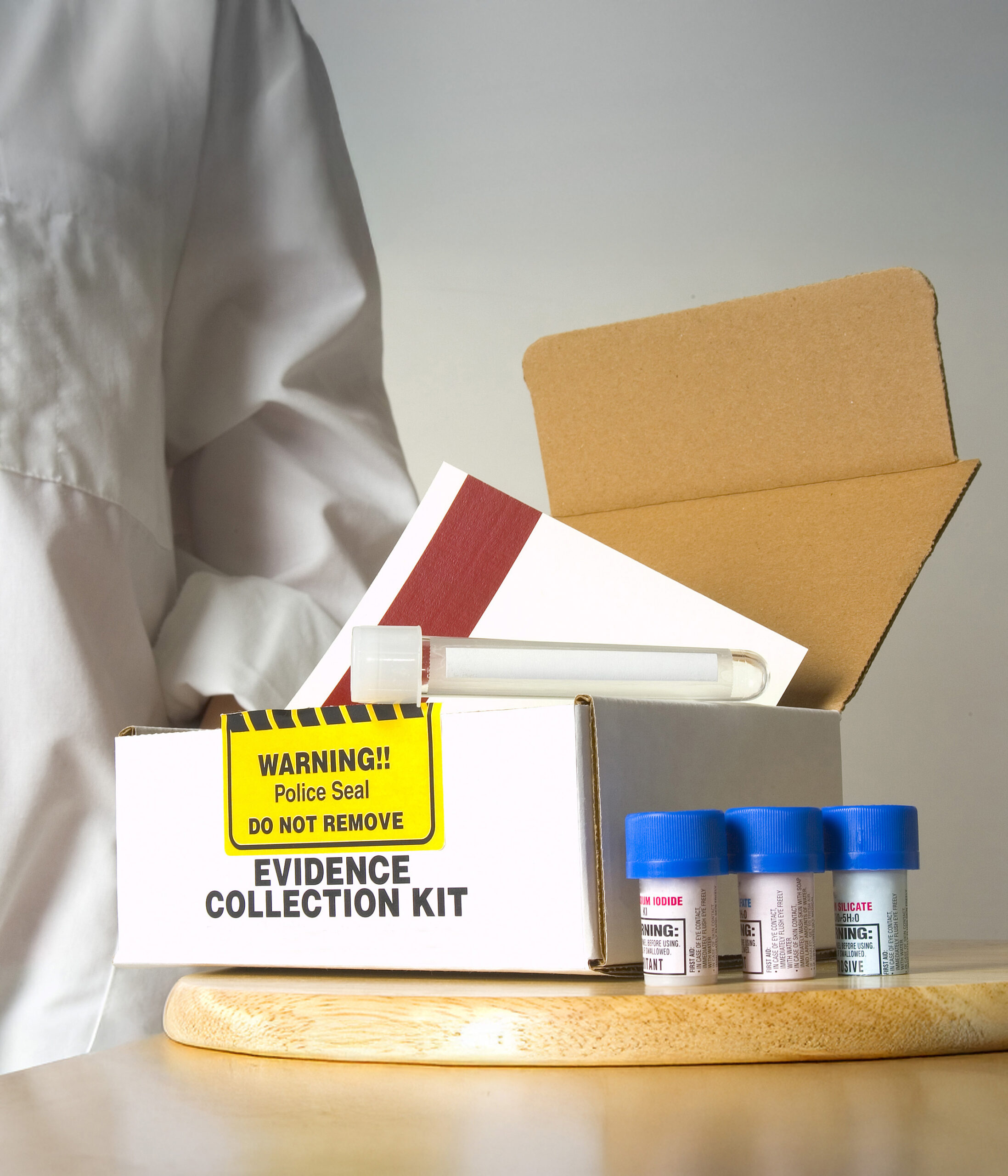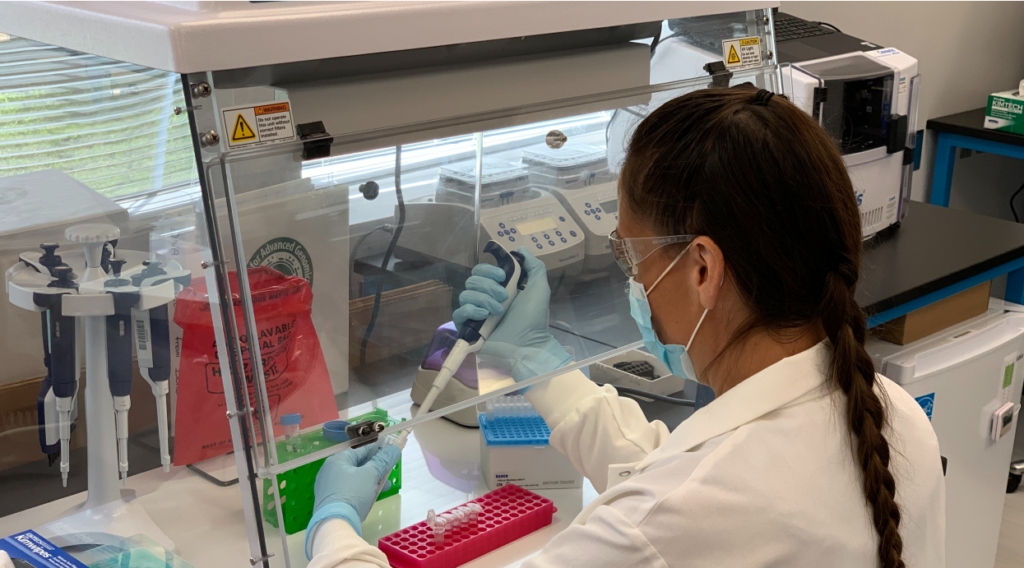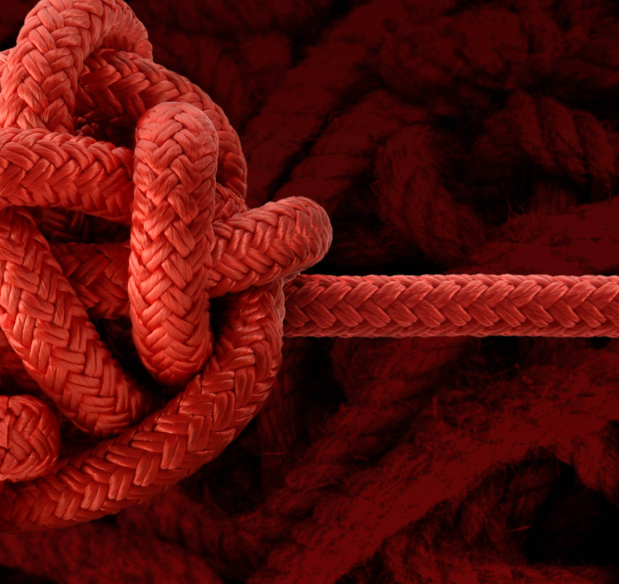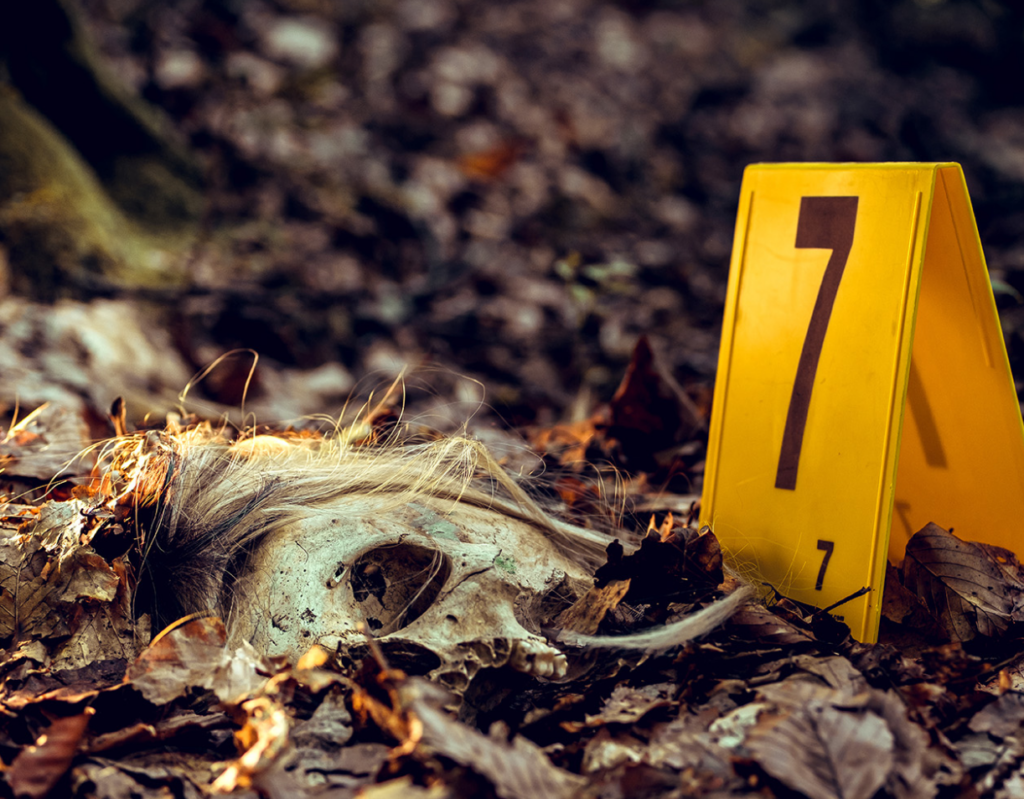SAK Backlog Reduction

Recognizing the impact of untested sexual assault kits across our country, Signature Science is dedicated to supporting the criminal justice system’s efforts to address the backlog. Our Forensic DNA Laboratory has optimized workflow processes to deliver efficient and comprehensive analyses, scalable to meet the expanding outsourcing needs of government agencies. Using advanced techniques for DNA recovery, automation, and mixture deconvolution. We offer the most probative screening and DNA analysis strategies, resulting in timely generation of CODIS-searchable profiles. Our data management and deliverables software, STACS-CW, provides traceability and chain of custody documentation to improve data defensibility, and the data deliverables facilitate an efficient data review for CODIS eligibility at the NDIS laboratory.

Cold Case SAKs
Advancements in DNA analysis technologies have the potential solve sexual assault cold cases. Increased sensitivity and mixture deconvolution capabilities mean that for cases wherein testing has been completed in the past and returned a result along the lines of “inconclusive” or “no DNA present,” repeat testing could yield different, probative results. Our experts will work with you to discuss the details of your sexual assault cold case, including past testing, and suggest a testing plan aimed at case resolution.
Unidentified Missing Persons
Our accredited laboratories apply the same advanced technologies used to identify a criminal to help medical examiners, law enforcement, and federal government agencies identify nameless victims of violent crimes. Our validated FGG methods and workflows allow our experts to generate DNA profiles from many of the challenging sample types associated with an unidentified missing persons case (e.g., bone, teeth, hair).

Multiple Contributor Samples
Mixed DNA samples contain DNA from multiple individuals, complicating analysis as major contributors’ DNA obfuscates minor contributors. The analysis of these samples is more complex than for a sample with a single contributor. Further, the data analysis requires the application of specialized software that have only recently been widely commercialized and standardized. Over the last decade, laboratory technology, mathematical models and biostatistical software have improved, and are now generating more accurate, rapid, and readily available data from mixed DNA analyses to support legal proceedings and criminal investigations. Signature Science applies mixture deconvolution methods in our forensic DNA casework and FGG laboratories. These methods improve the analysis outcomes for complex trace samples in cases of sexual assault and homicide.
STR Mixture Deconvolution — Signature Science’s analysts use STRmix™ software to perform probabilistic genotyping for suitable multi-contributor STR profiles. Suitability is determined following sample data review and is based on the quality of the sample and number of contributors present.
SNP Mixture Deconvolution — Our Center for Advanced Genomics has partnered with scientists from the National Biodefense Analysis Center (NBFAC) to develop, test, and validate MixDeR, an NBFAC software for deconvoluting SNP mixtures for FGG.

Cold Cases and Challenging Samples
Not every criminal will leave behind a wealth of DNA, and not every crime scene provides ideal samples for DNA testing. To support your mission to solve every case, we have developed and validated methods for obtaining DNA profiles from samples containing minimal amounts of DNA, and those subject to the most challenging conditions.
We offer validated extraction methods (shell casings) and FGG workflows for challenging samples (bone, teeth, hair, adhesive tape), and those subject to challenging insults, including burning and surface decomposition.
Related Services: Casework Services | FGG | Spent Shell Casings
